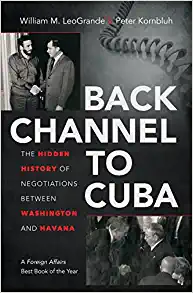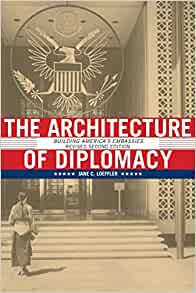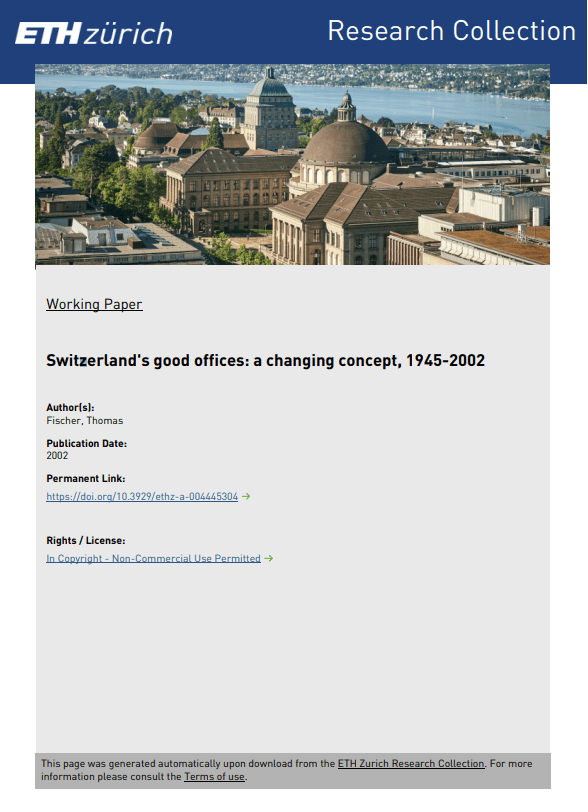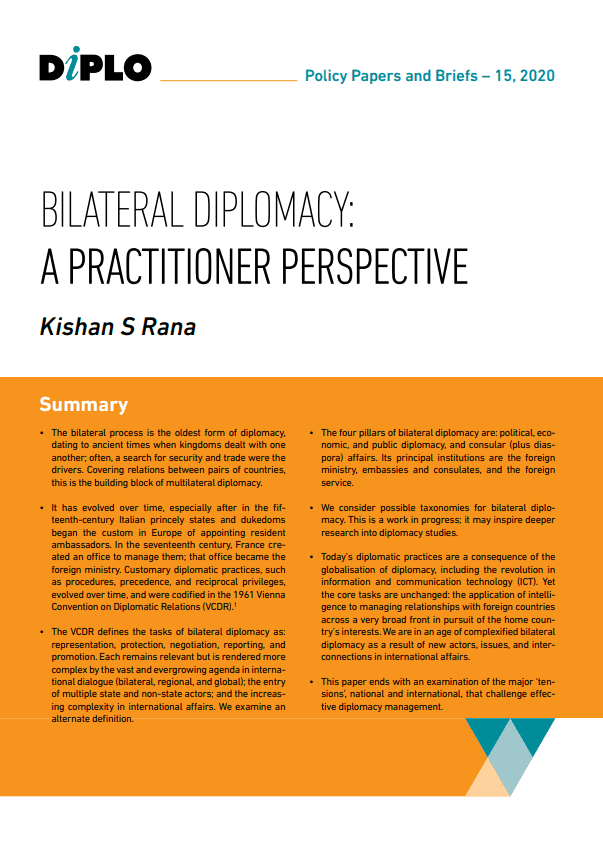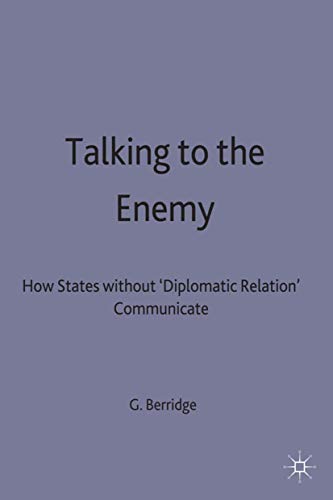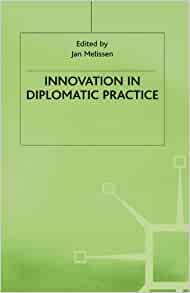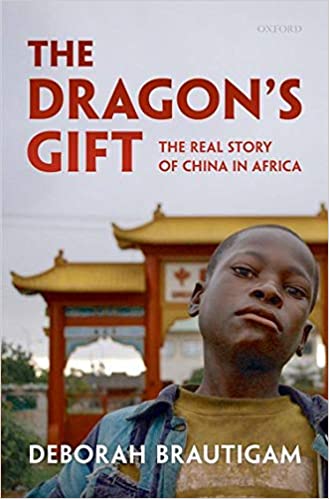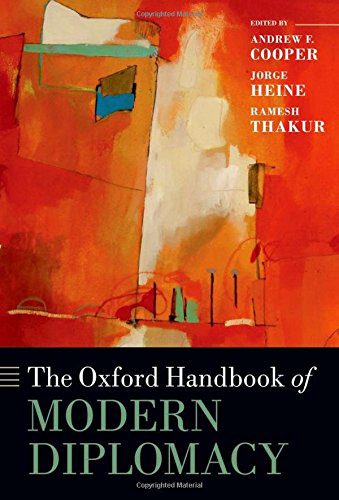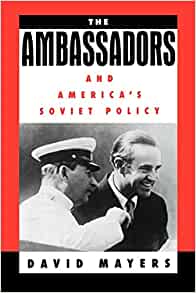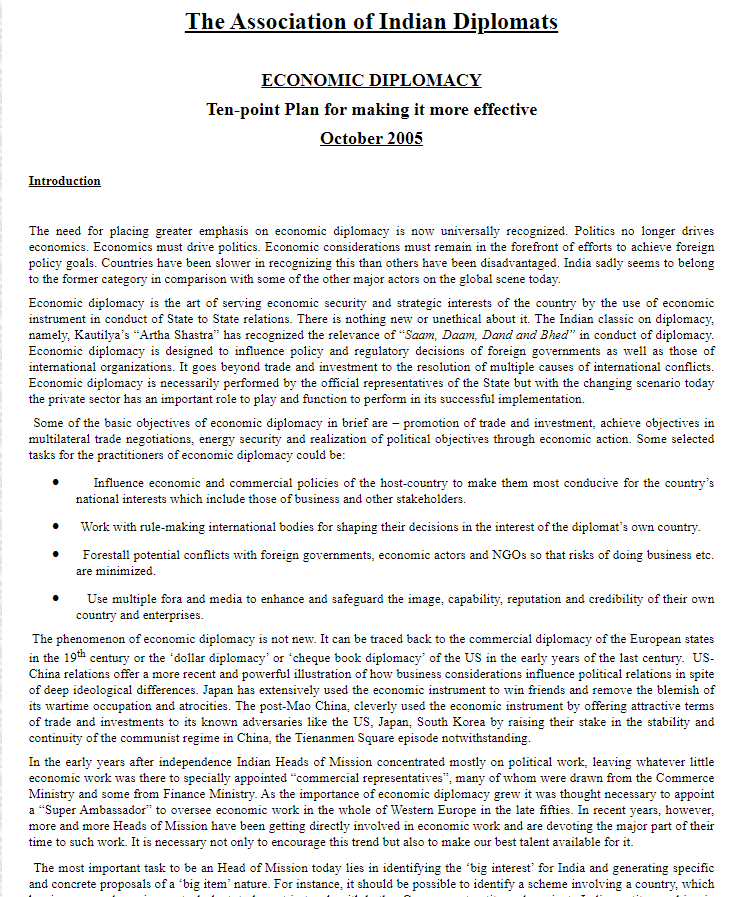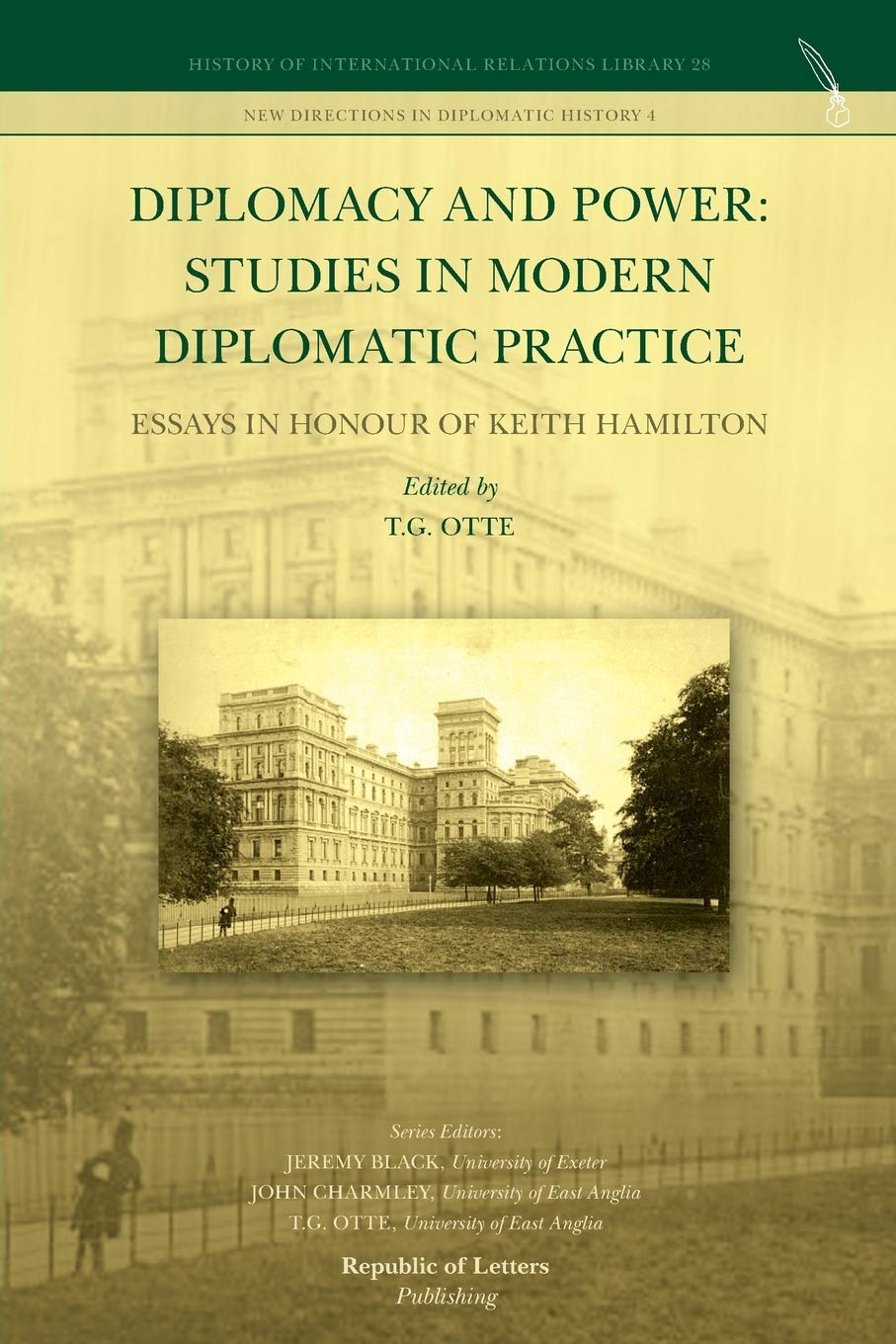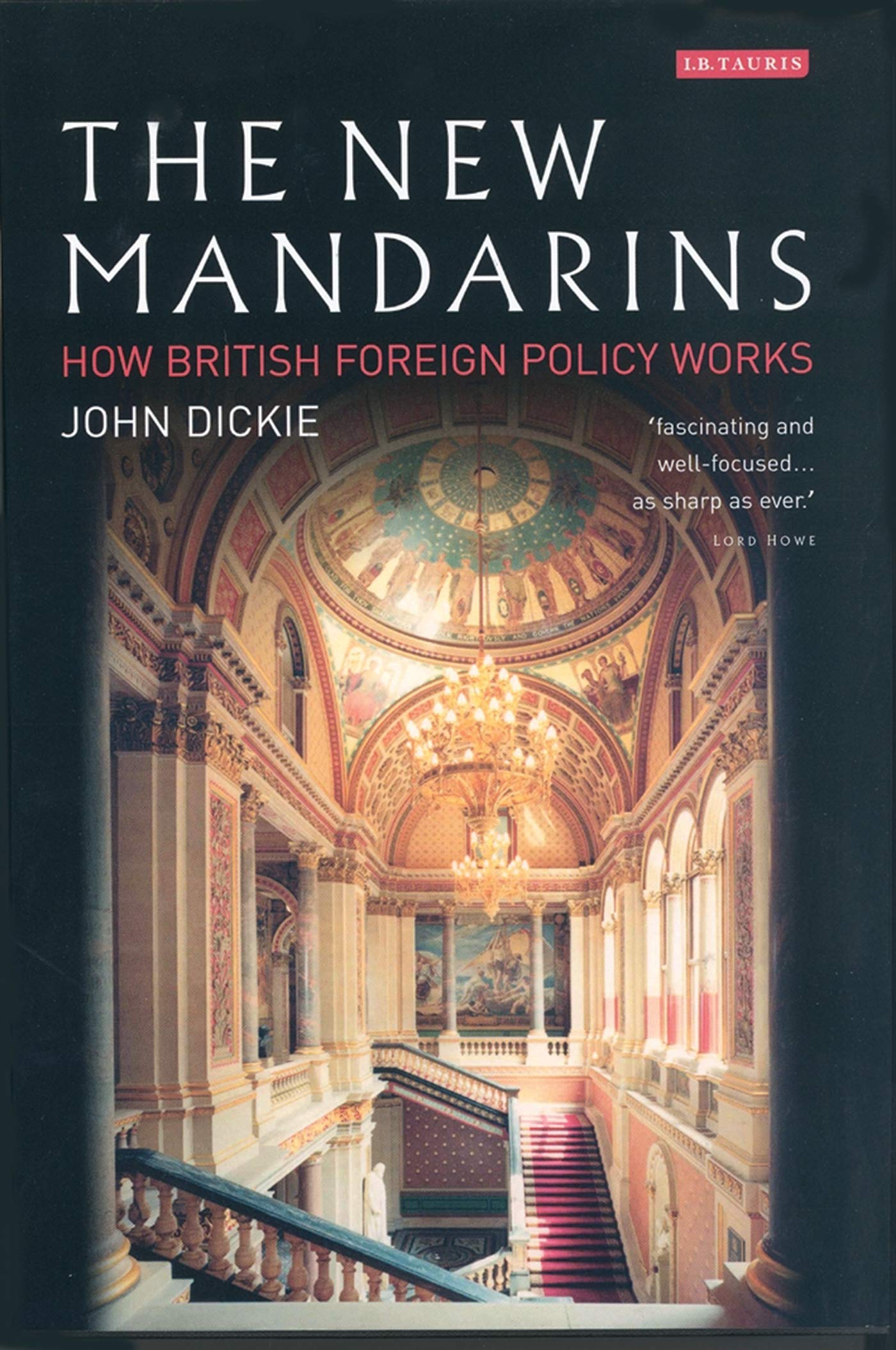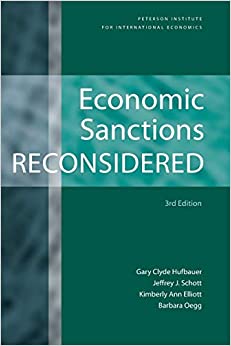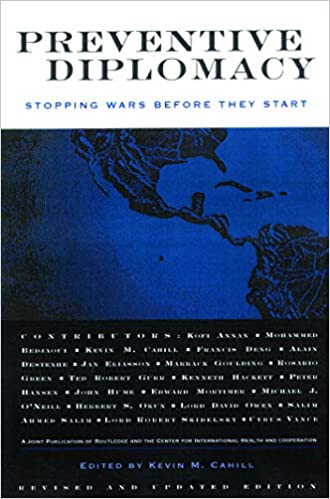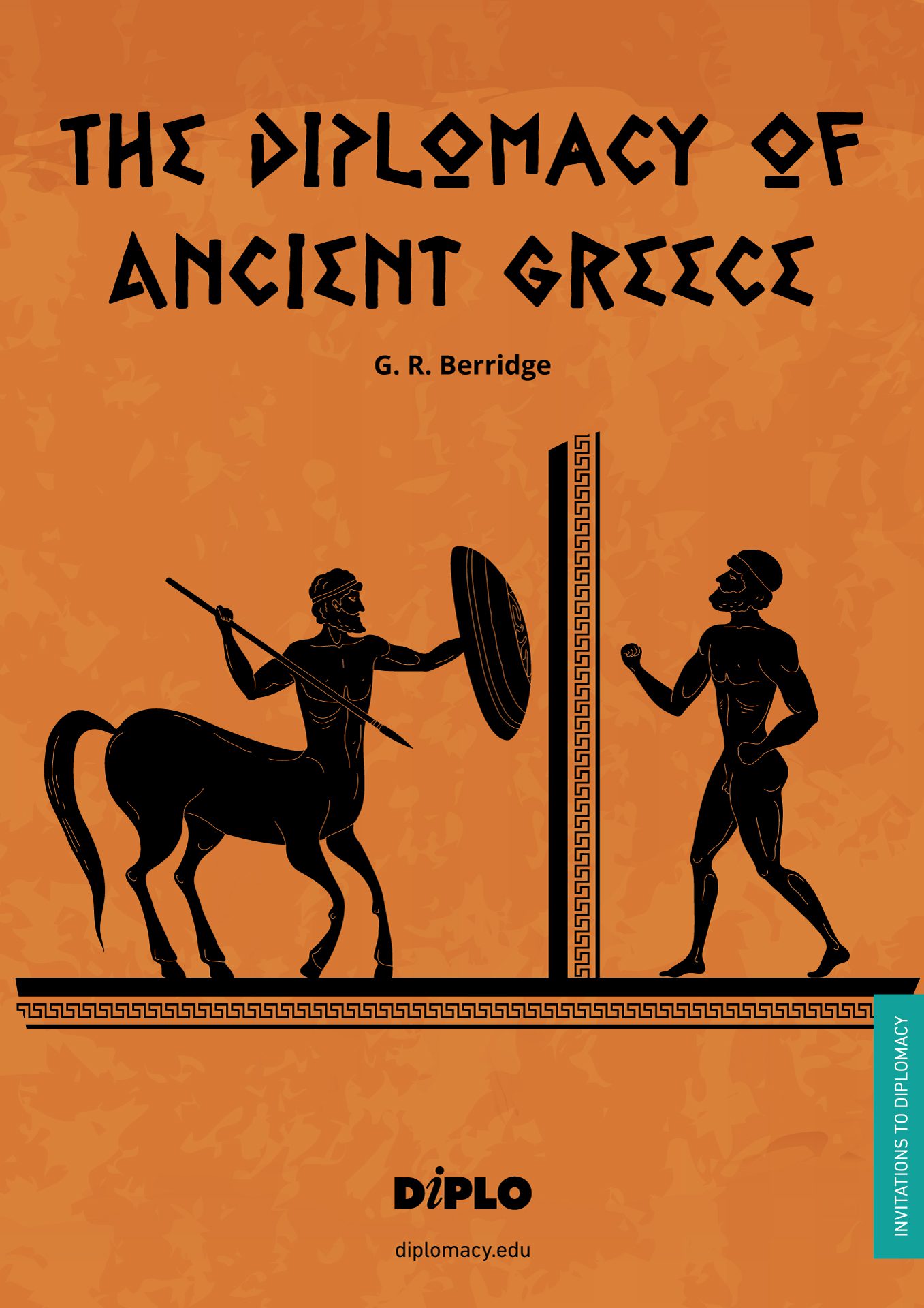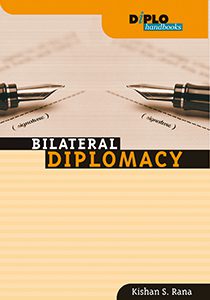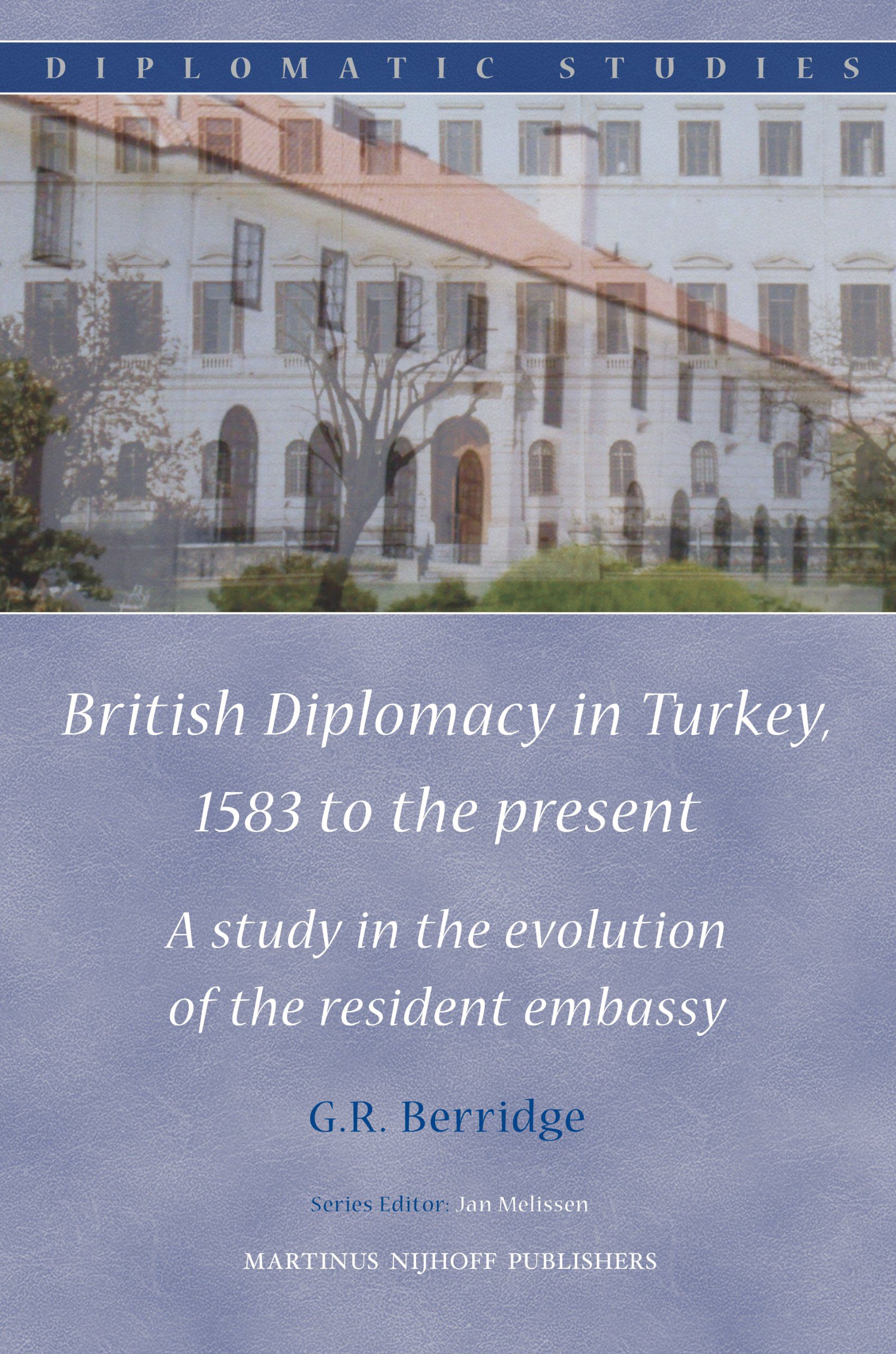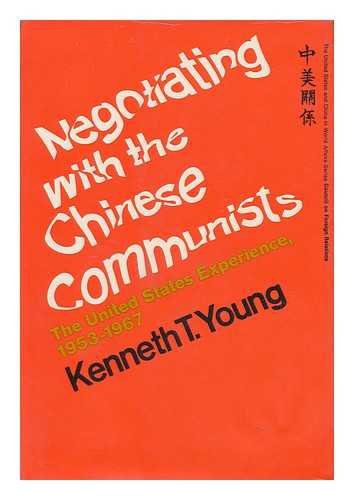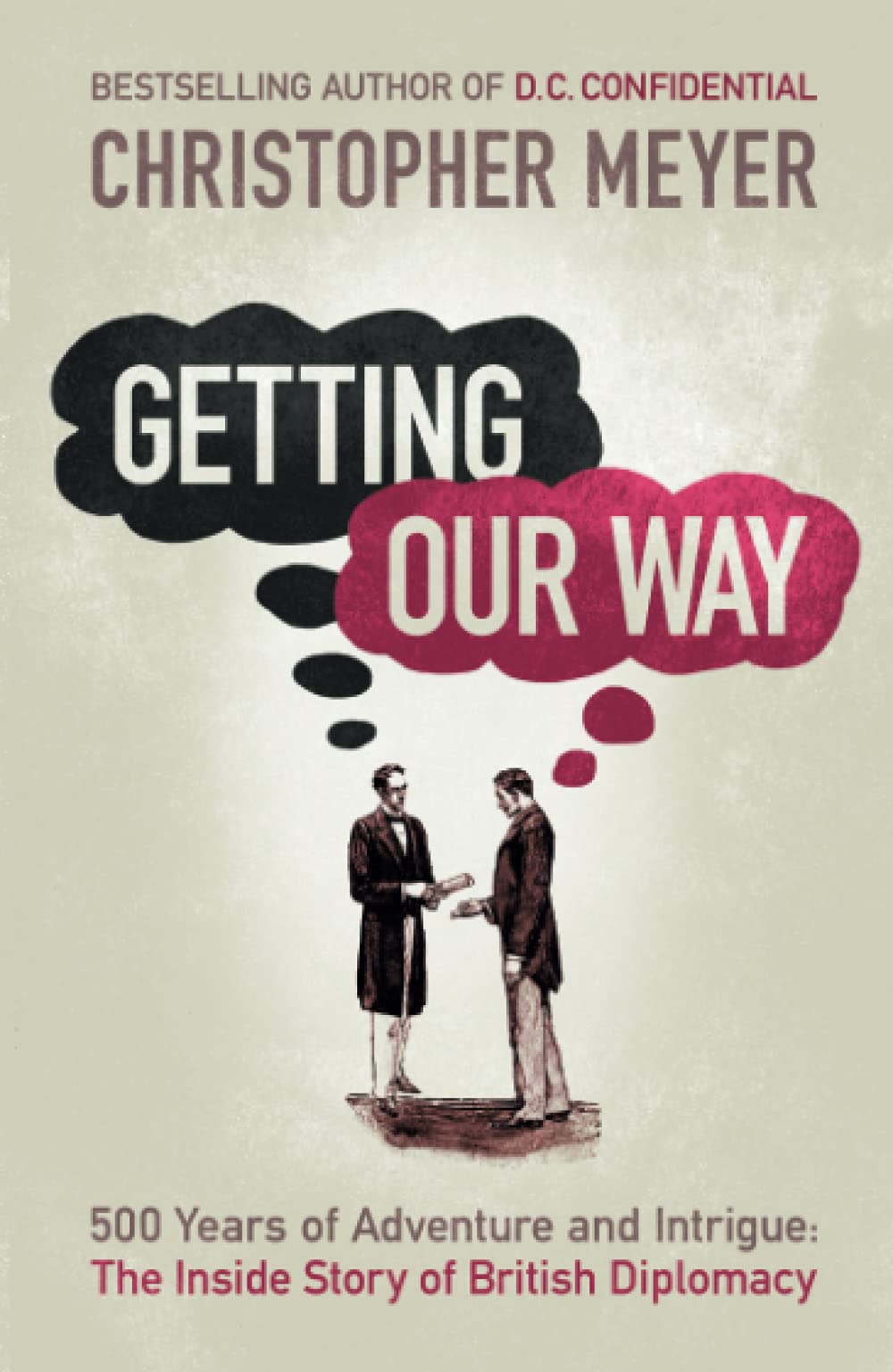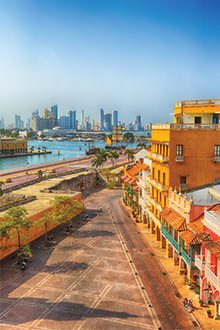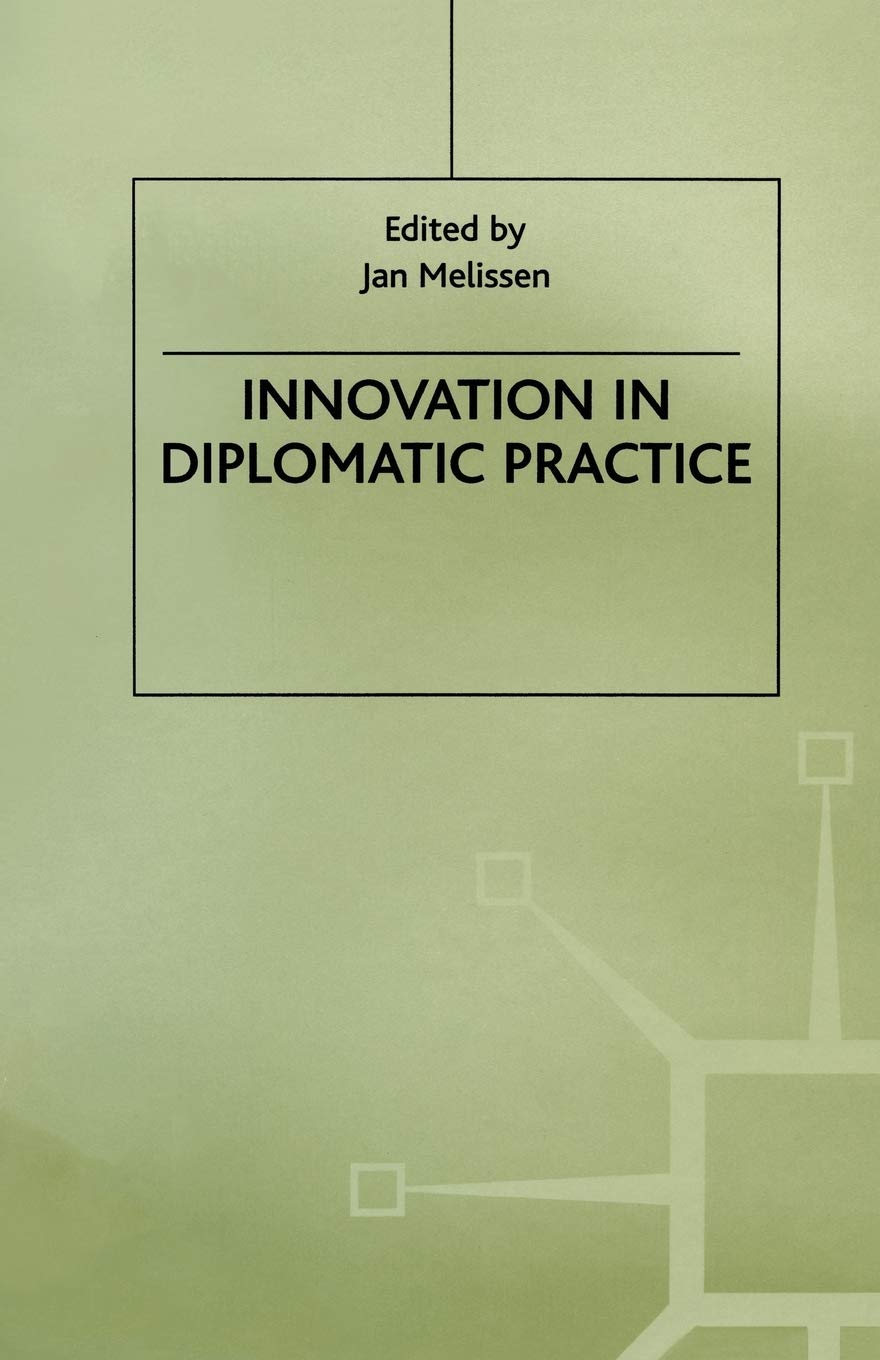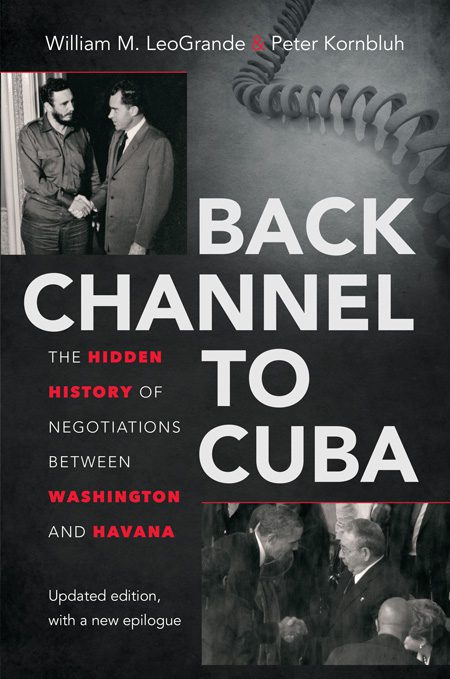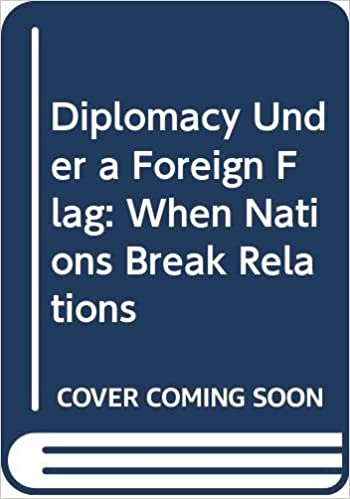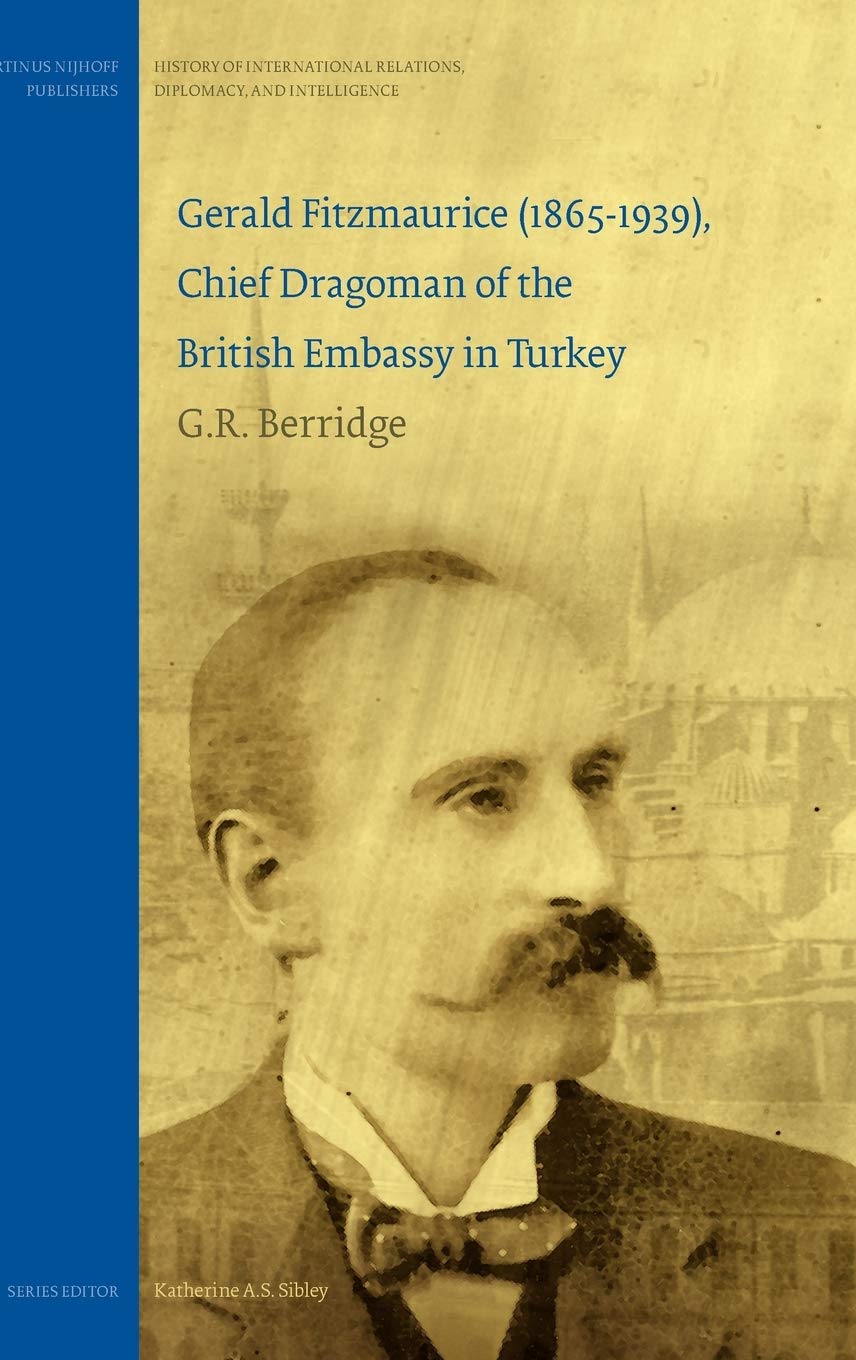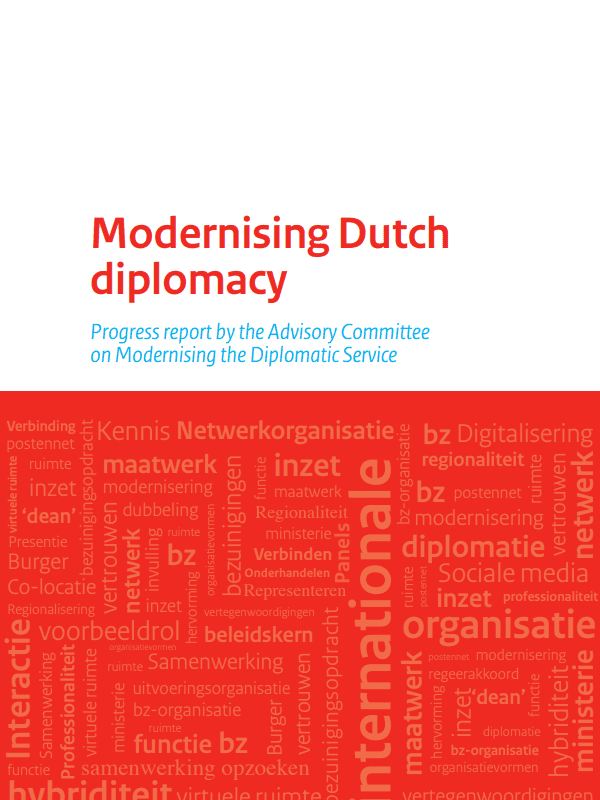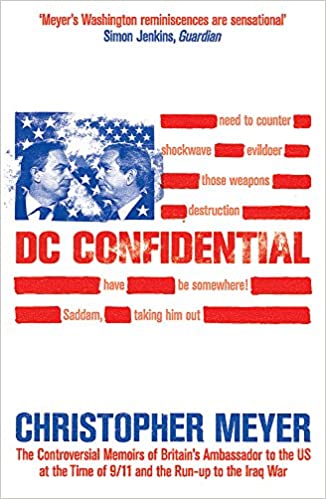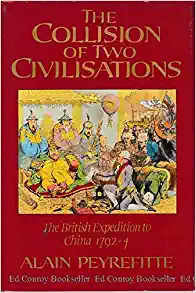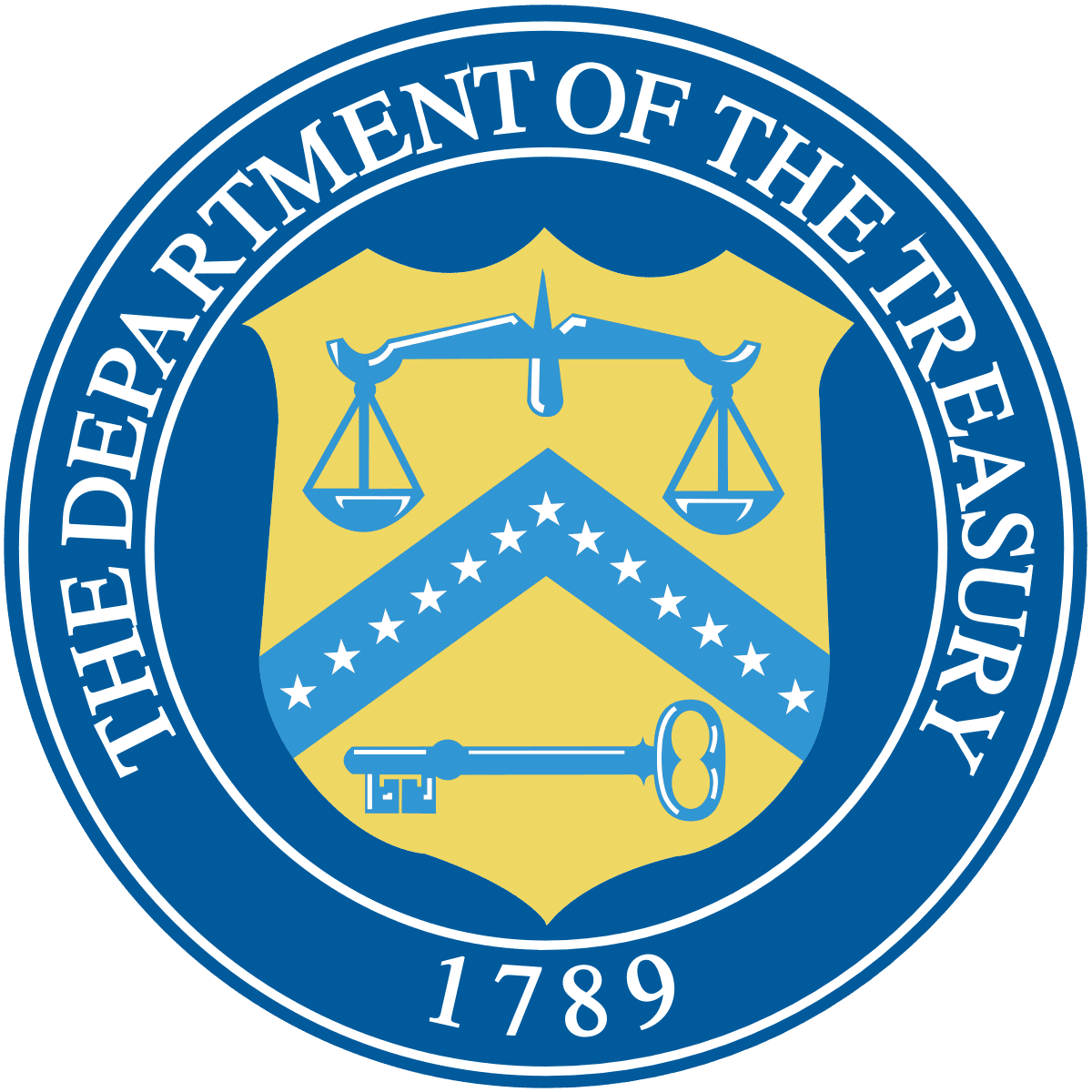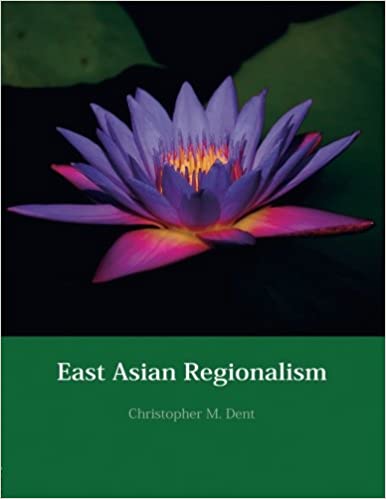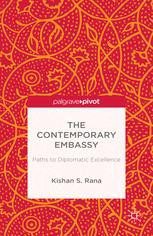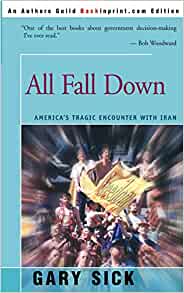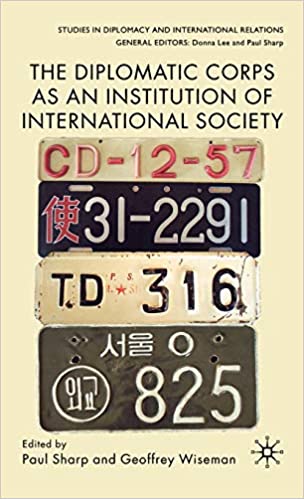Author: Geoff Berridge
Back Channel to Cuba: The Hidden History of Negotiations Between Washington and Havana
2014
This book went to press after the much-publicised handshake between US President Barack Obama and Cuban President Raul Castro at the memorial service for Nelson Mandela in December 2013 – but before their historic, simultaneous announcements a year later, assisted by a prisoner exchange and the good offices of the Vatican, that they were resolved to end their 50 years of estrangement and normalise relations.
In one way, it was cruel luck for the authors because this is what they had convincingly argued for, and – missing the denouement – their book ends on a note of disappointment with President Obama. But in another way it was a stroke of good fortune because the eye-catching announcements of December 2014 threw a sharp spotlight on Cuban-American relations and made their work essential reading. So authoritative and persuasive is it, moreover, that it is hard to rule out the possibility that in a small way it contributed to this development.
The authors have excellent credentials: William M. LeoGrande is a long-established academic authority on Cuba, while Peter Kornbluh is a senior analyst at the National Security Archive, where he is the director of its Cuba and Chile Documentation Projects. It is hardly surprising, therefore, that their book is exhaustively researched and carefully documented. Its structure is remorselessly narrative, with each chapter – beginning with Eisenhower – turning on relations with Cuba during individual US presidencies, except that those of ‘Nixon and Ford’ and ‘Reagan and [George H. W.] Bush’ are grouped together. This plan, it is true, leads to a considerable amount of repetition on the subject of US gambits towards Cuba and the responses to them of the Castro brothers, most of which seem to have varied only by degrees from one administration to the next, but it is a small price to pay for the way the detail stiffens the argument. What is it?
US policy towards Communist Cuba was designed during the Cold War to bring to an end Havana’s alignment with the Soviet Union and support for revolution in Latin America, and thereafter – during the ‘War on Terror’ – simply to get rid of its ‘terrorist’-listed government. What LeoGrande and Kornbluh particularly take issue with, however, are the methods employed in pursuit of this policy: economic embargo, subversion (aka ‘democracy promotion’), an escalating propaganda assault, and diplomatic duplicity. Sustained only by ideologues in successive administrations and fear of the powerful Cuban-American community (with its control of key votes in Florida), these methods were always likely to founder on Cuban patriotic sentiment (which they merely stimulated), the wiliness of the Castros, and the valuable sources of support on which they were able to rely in the outside world – not least in Latin America. And despite being tried for half a century, fail they did; in the process, exposing the limits of Washington’s influence in its own backyard, creating significant difficulties for it within the OAS, and making seriously problematic the cultivation of the interests which both American and Cuban governments admitted they shared. The last of these points is given special emphasis in this book, for these interests were many and important, among them properly regulated emigration from Cuba to the United States, counter-narcotics liaison, hurricane prediction, environmental protection, and – irony of irony – counter-terrorist cooperation, which included tackling air piracy. And it was in large part these common interests that encouraged what LeoGrande and Kornbluh call the ‘back-channel’ diplomacy between Washington and Havana, and which Cuba at any rate hoped might provide a cover for discussion of more sensitive subjects and, step-by-step, lead eventually to a broader rapprochement of the kind achieved in the 1970s between the United States and the Peoples’ Republic of China.
Students of diplomacy will find the greatest interest in this book in its account of the various forms taken by this ‘back-channel’, although I must say at once that use of the term ‘back-channel’ in the context of Cuban-American relations is a little misleading. After all, a back-channel presupposes a ‘front channel’, as in the classic case of Soviet-American arms control negotiations in the Nixon-Kissinger era that popularized the term, and there was of course no front channel in Cuban-American relations. A back-channel also suggests intense secrecy and, while much Cuban-American diplomacy was well concealed, much was not. This said, we all know what the authors are getting at: it was a diplomacy featuring in great and surprising abundance all of the techniques employed by states not in diplomatic relations that nevertheless wish to have constructive discussions and even make agreements. Thus special envoys of every sort were employed at all levels: among those with official status, intelligence officers; and among unofficial envoys, businessmen and journalists. The ease of making discreet contact with the permanent high-ranking Cuban mission to the UN in New York was also regularly exploited by the Americans. The frequent offers of assistance by third parties – notably Brazil, Spain, Mexico, Switzerland and Canada – were sometimes taken up as well, although the need for them appears not to have been strongly felt and, when this occurred, their activities seem to have been limited chiefly to the provision of good offices as compared to the more interventionist role of mediator. Most significantly perhaps, beginning with the Carter administration in the late 1970s, large interests sections were established under protecting powers in Havana and Washington, although the behaviour of USINT in the Cuban capital during the George W. Bush presidency – especially in 2002-2005 under the cowboy Foreign Service Officer Jim Cason (now a Florida mayor, surprise, surprise) – was openly subversive and, therefore, in flagrant contravention of diplomatic law. (Cason boasts about this in his ADST oral history interview How his supine nominal chief, the Swiss ambassador, lived with all this I cannot imagine.) Not interested in diplomatic method as such, LeoGrande and Kornbluh offer no general thoughts as to which of these devices was most effective in contributing to the ‘back-channel’ to Cuba. With the notable exception just noted, they all seem to have prodded it forward in different ways.
As well as providing rich material on how enemies talk to each other, Back Channel to Cuba provides evidence on other important points of interest to students of diplomacy. I shall pick out just two. One of these is ‘diplomatic support’ by intelligence officers, about which I write in the new chapter on ‘Secret Intelligence’ in the soon-to-appear 5th edition of my textbook, Diplomacy: Theory and Practice and on which evidence is naturally difficult to obtain. Another is the employment during the Carter administration of the characteristic diplomatic method of Ancient Greece; namely, delegations composed of representatives of different political factions or what Harold Nicolson called with disgust ‘mixed embassies’. Fed up with the contrasting visions of Cuba policy of the National Security Council and the State Department, and more especially with the bitter rivalry of their chiefs for its control, President Carter ordered the representatives of both agencies to be stuffed into the US delegation for talks with Cuba (pp. 189-94). Nicolson would have been aghast at this and not at all surprised that it failed; but his judgement on the Greek method was one-sided. Progress with the Cubans by a State Department-only delegation would have been useless if scuppered by the NSC afterwards.
I’m not sure that presenting the conclusion to this book as a list of numbered ‘lessons’ was a good idea: it tends to suggest that all are of equal importance, and there also seems to be overlap between a few, notably those dealing with step-by-step diplomacy. But the work is richly detailed, important and absorbing, and I read every line of it. It really is salutary just to what extent even the presidents most hostile to Communist Cuba were forced to negotiate with its government. The book also has a very good bibliography and – thank goodness – a pretty good index.
Review by Geoff Berridge
